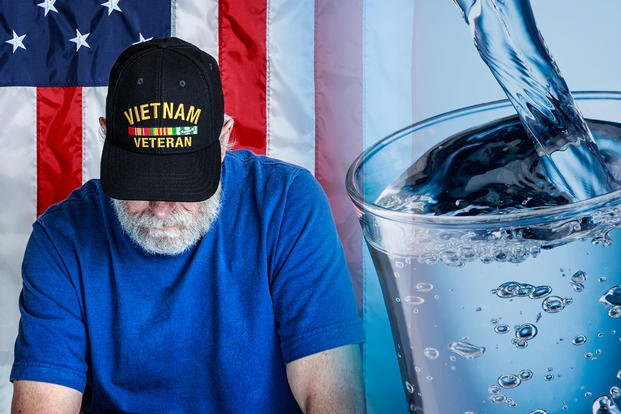President Joe Biden signed the Promise to Address Comprehensive Toxics Act, or PACT Act, on Aug. 10, 2022. The bill provides greatly expanded coverage for veterans exposed to toxic chemicals while serving.
As part of the wider-reaching PACT Act, the Camp Lejeune Justice Act allows eligible veterans and their families to file Camp Lejeune lawsuits and recover compensation for health issues directly linked to contaminated water at U.S. Marine Corps Base Camp Lejeune in North Carolina.
To be eligible, those filing lawsuits must have been exposed to the toxic water for a minimum of 30 days between Aug. 1, 1953, and Dec. 31, 1987. The bill also specifically prohibits the United States government from evading these lawsuits based on special immunity.
An estimated one million American veterans and their families may have experienced or are experiencing the long-term health effects of toxic water exposure, including cancer, nervous system conditions, and reproductive health issues. This bill opens a new door for eligible Camp Lejeune veterans and staff to receive compensation for the harm they have endured. It provides an additional form of protection previously unavailable for more than 30 years.
Protect Your Rights
Ricky A. LeBlanc, a managing attorney at Sokolove Law, urges veterans and their families to find out how they can protect their rights. In addition to seeking VA benefits, veterans should not miss out on this new benefit that Congress is offering them in order to finally help fully compensate them.
LeBlanc said the most common questions about the act focus on how veterans and their families can take action.
1. What Does the PACT Act Mean for Camp Lejeune Veterans?
This is the first time in American history that veterans and their families are able to file federal lawsuits for health issues caused by the toxic water at Camp Lejeune. Prior to this law, those who were repeatedly exposed to the site’s toxic water did not have the opportunity to pursue legal action. Instead, they were previously limited to VA benefits only. Now, for the first time, veterans and their families can be more justly compensated for their pain and suffering, medical bills and lost earning capacity because of toxic water exposure. The VA does not cover all of that.
2. What Kind of VA Benefits Are Available for Toxic Water Exposure?
If veterans or their family members became ill by toxic water at Camp Lejeune, they should apply for the benefits that they have earned. Like any other military service-related disease, veterans have a right to apply for VA benefits, including monthly benefits for disability, medical care, burial costs and survivors. The Camp Lejeune Act allows veterans and their families to file federal lawsuits for additional compensation, aside from their monthly VA benefits.
3. Do I Need a Lawyer to File a Camp Lejeune Lawsuit?
Yes. This is a federal lawsuit. In complex legal matters such as this, an attorney can help you protect your rights. Partnering with an attorney who is well-versed in toxic exposure claims and who is deeply familiar with the federal lawsuit process naturally increases your chances of achieving your desired outcome. Therefore, a Camp Lejeune lawyer is advisable to protect and enforce your rights.
4. Is a Camp Lejeune Lawsuit Different from a VA Claim?
Yes. A Camp Lejeune lawsuit is a separate claim through the legal system rather than through the VA, and new compensation available from the lawsuit will not impact your existing monthly VA benefits. Filing a Camp Lejeune lawsuit means that you are seeking substantial compensation specifically for health issues from toxic water exposure at Camp Lejeune. Eligibility for VA benefits is restricted to veterans, only allows for certain approved diseases, and only provides for medical benefits and monthly compensation based upon a veteran’s rating. A successful lawsuit compensates for medical expenses, lost wages, and pain and suffering, which are not all included in VA benefits.








